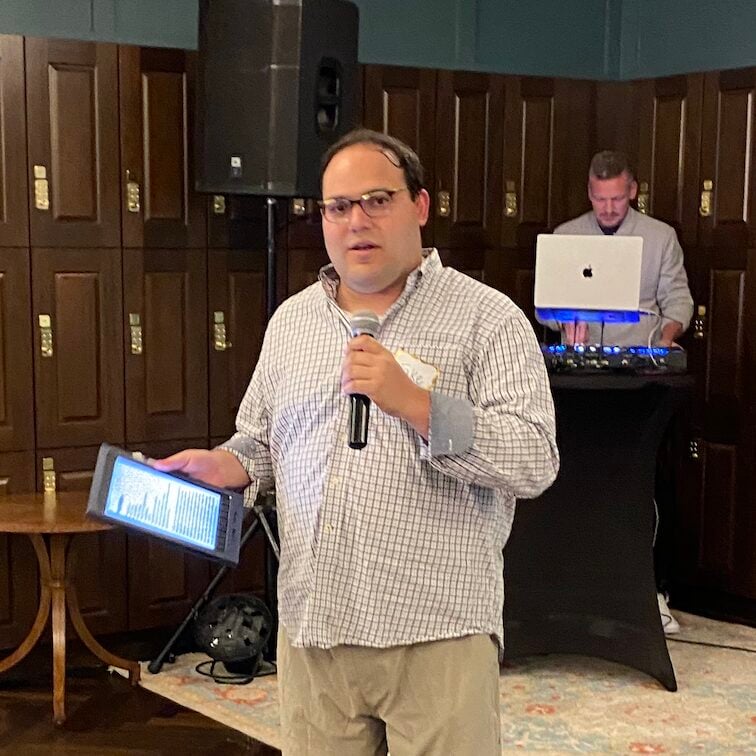By Tom Latek
Kentucky Today
Gov. Matt Bevin’s legal team filed briefs this week ahead of the Kentucky Supreme Court hearing next month on their appeal of a Franklin Circuit Court ruling that declared the public pension reform bill passed by the 2018 General Assembly unconstitutional and began their paperwork with a quote from a character from the old Popeye cartoons.
“I’ll gladly pay you Tuesday for a hamburger today.” – J. Wellington Wimpy is how the 100-page filing from General Counsel M. Stephen Pitt started. “Sadly, this has been Kentucky’s approach to public pensions for the last two decades. We have eaten all the hamburgers, and now Tuesday is here, and it is time to pay the bill.”
He went on to say, “public pension debt is a lead weight pulling the commonwealth down into the depths of insolvency.”

The legal brief blamed “decades of irresponsible decision-making, including the repeated sweetening of pension benefits, the failure to adequately fund the pension systems, the reliance on unsound and unrealistic actuarial assumptions, and the poor management of pension investments, the Commonwealth of Kentucky now has an unfunded pension liability that could be as much as $84 billion.”
Pitt warned if nothing is done to address the problem, one of four things will happen:
(2) Kentucky’s already overburdened taxpayers will be subjected to astronomical tax increases to maintain the solvency of the pension funds;
(3) Spending on essential government services like education and public protection will have to be slashed to devote more funding to pensions or;
(4) There will be a combination of heavy tax increases and devastating cuts to essential services.
“These are the only alternatives in the absence of meaningful pension reform,” he said.
Pitt said the pension bill would affect future public employees while making “only modest changes for current employees,” but, through changes in the state law, “provides a pathway to solvency for the pension funds.”
Under the bill, the pension funds would pay off the unfunded liability in 30 years, he said.
“Based on the outcome of this case, its future will either be a bleak one defined by insolvency, extreme taxation, and maybe even a time when pension checks stop coming in the mail —as they have in places like Prichard, Alabama — or it will move toward a bright one defined by solvent pension systems, low taxes that encourage economic development, and adequate financial resources to pay for both pensions and important government services.”
David Fleenor, representing the Kentucky House and Senate, also filed a friend of the court brief on Monday.
In his June ruling, Franklin Circuit Judge Phillip Shepherd took issue with the process used to change the bill from legislation dealing with sewage, to become the public pension reform bill, saying the changed bill did not receive the required three readings on three separate days in each chamber, and that it was appropriations bill, meaning it required 51 votes to pass. The bill only cleared the chamber, 49-46.
Fleenor’s brief dealt primarily with the process, stating the bill did receive three readings in each chamber in its original form, and that the last readings were on an amended bill, which happens often during the legislative sessions.
“The implications of the decision of the [Franklin Circuit] Court are devastating for the day-to-day operations of the General Assembly,” Fleenor said. “Under a vaguely enunciated standard, it is impossible to judge what level of amendment to a bill will reset the readings clock of Section 46” of the Kentucky Constitution.
“Expansion of what constitutes an appropriation bill under Section 46 renders odd-year sessions all but moot while greatly expanding the power of the Executive Branch through line-item vetoes. Under this standard, pension reform cannot occur until 2020 at the earliest,” he concluded, asking the high court to reverse the circuit court decision.
Filings from the Attorney General’s office and other plaintiffs in the lawsuit are due Sept. 10, with the Supreme Court hearing oral arguments on Sept. 20.

















